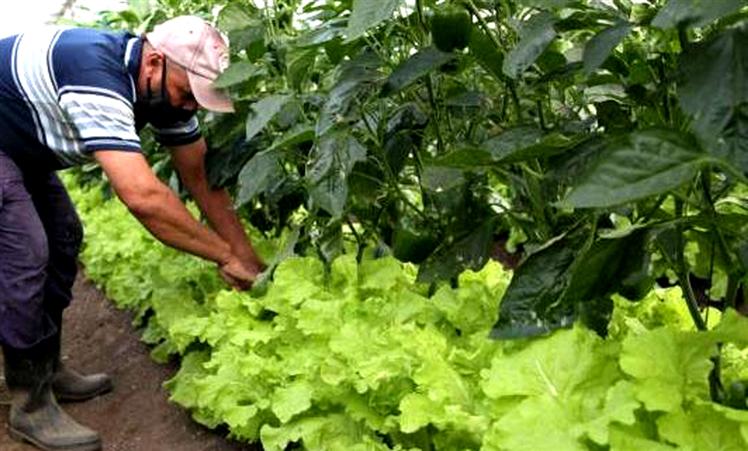According to the experts, such vegetables protect the human body from the accumulation of acrolein, an irritant of the lungs and skin with a strong unpleasant smell, which is abundantly found in cigarette smoke and car exhaust, said the study senior author Jae Kyeom (an assistant professor of Behavioral Health and Nutrition at the University of Delaware).
Kim and his team discovered that apiaceous vegetables supported detoxification through an increase in antioxidant enzyme activities. The results suggest that apiaceous vegetables may provide protection against acrolein-induced damages and inflammation because, in the liver, the vegetables enhance conversion of acrolein into a water-soluble acid for bodily excretion.
“When we calculated this, we determined the actual daily calorie amount of apiaceous vegetables for humans is roughly 1 and 1/3 cups per day,” Professor Kim said. “It doesn’t require a high intake to see a difference, and this is an achievable amount in daily life.”
The experts highlighted the significance of implementing behavioral changes in the diet, as a solution to fight the accumulation of toxic substances derived from air pollutants.
pll/car/znc










